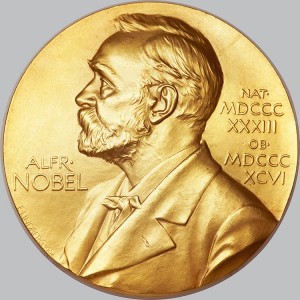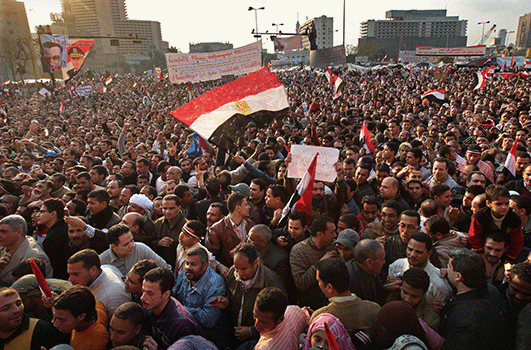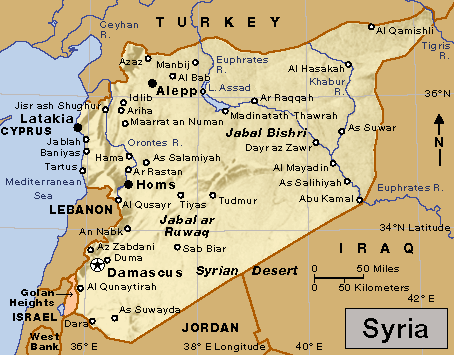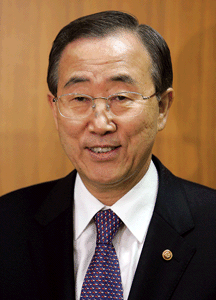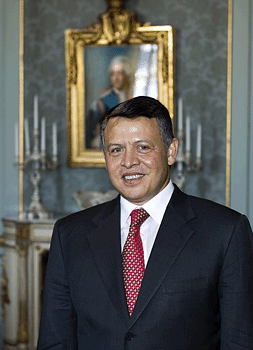Tunisian Group Wins Nobel Peace Prize
Friday, October 9th, 2015October 9, 2015
Today, the Norwegian Nobel Committee awarded the 2015 Nobel Peace Prize to Tunisia’s National Dialogue Quartet for helping build and maintain democracy following the nation’s so-called “Jasmine Revolution” of 2010-2011. The peaceful popular uprising—named for Tunisia’s national flower—forced the January 2011 resignation of Tunisian President Zine El-Abidine Ben Ali, who had ruled the country with virtually no opposition since 1987. The Jasmine Revolution was the earliest and most successful of a series of political and social movements in northern Africa and the Middle East collectively known as the “Arab Spring.”

Jasmine, a flowering shrub or vine with white, yellow, or pink flowers, is the national flower of Tunisia. © Shutterstock
The National Dialogue Quartet was formed in the summer of 2013 when political assassinations and social unrest threatened Tunisia’s democratization process. The quartet—a coalition of labor unions, businesses, lawyers, and human rights activists—established a peaceful political process that helped the nation avert civil war. The group also helped Tunisia establish a constitutional system of government guaranteeing fundamental civil rights.
In October 2011, Tunisians elected a legislative body called the Constituent Assembly. After lengthy political debate, the Assembly approved a new constitution in January 2014. In December, former prime minister Beji Caid Essebsi won Tunisia’s first free presidential election. The relative calm in Tunisia remains fragile, however, and requires constant discussion and compromise. Tunisia—like so many other nations in the region—also faces serious Islamist terrorism threats, as evidenced by two major attacks earlier in 2015.
The Nobel Peace Prize includes a monetary award of 8 million Swedish kronor (around $975,000). Among the prize’s other candidates were German Chancellor Angela Merkel, Pope Francis, United States Secretary of State John Kerry, and Foreign Minister Mohammad Javad Zarif of Iran.
Other World Book articles—

